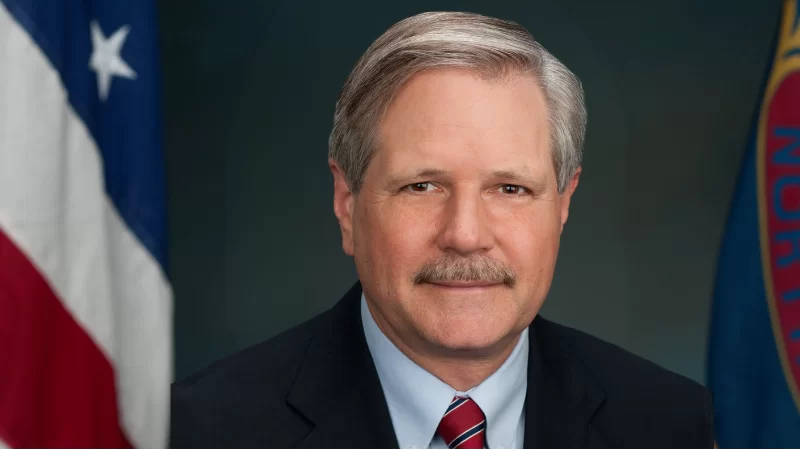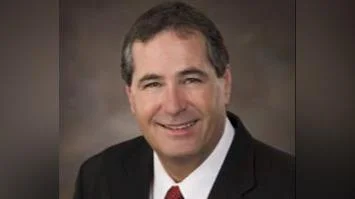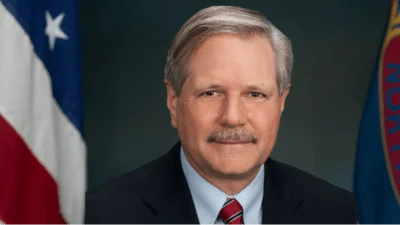Senator John Hoeven, U.S. Senator of North Dakota | Senator John Hoeven Official website
Senator John Hoeven, U.S. Senator of North Dakota | Senator John Hoeven Official website
WASHINGTON – Senator John Hoeven, a member of the Senate Energy and Natural Resources Committee, expressed his concerns regarding the recent actions taken by the Biden Administration that he believes undermine U.S. energy security and impose higher costs on Americans.
In a statement released today, Hoeven criticized the White House Council on Environmental Quality (CEQ) for finalizing a rule that imposes new restrictions under the National Environmental Policy Act (NEPA) on fossil fuel and related infrastructure projects. He highlighted that this rule contradicts a law passed by Congress last year aimed at expediting federal reviews for such projects.
“We need infrastructure, like pipelines and transmission lines, to get energy to market safely and cost-effectively. That’s why Congress passed a law to expedite the environmental review and permitting process,” said Senator Hoeven. “Doing so would provide certainty to project developers, help reduce costs and support U.S. energy security. This rule from the White House does the exact opposite, ignoring the law to further advance an extreme environmentalist agenda at the expense of American families and businesses.”
Hoeven emphasized the importance of efficient environmental review and permitting processes to ensure the safe and affordable delivery of energy resources, noting that the recent rule from the White House undermines these goals and prioritizes environmental concerns over energy security and economic considerations.
The Senator's remarks reflect a broader concern among some policymakers and industry stakeholders about the potential impacts of regulatory actions on energy infrastructure development and the overall energy landscape in the United States. The debate over balancing environmental protection with energy needs continues to be a key point of contention in the ongoing policy discussions surrounding the nation's energy future.






 Alerts Sign-up
Alerts Sign-up